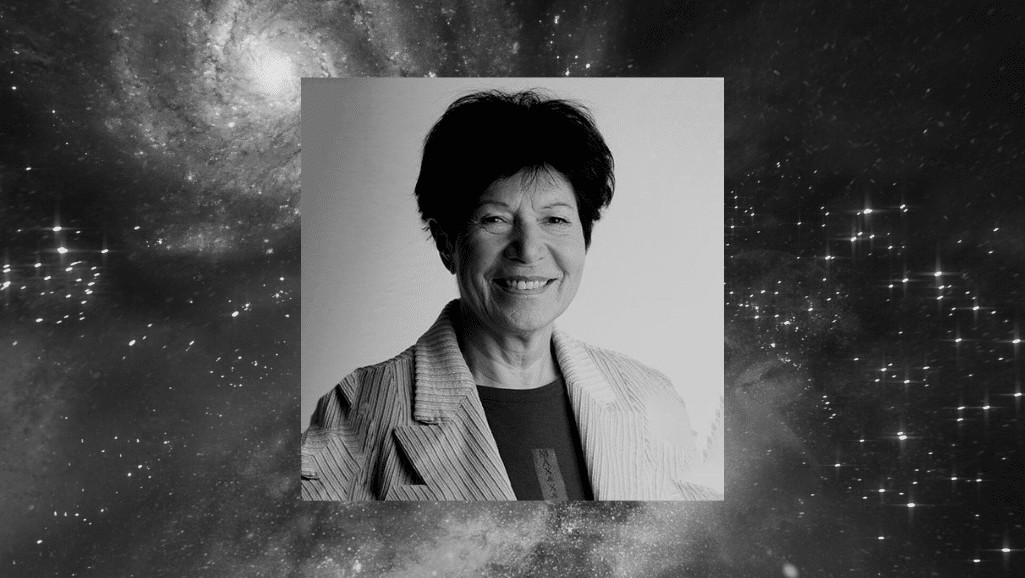SCIENCE: A “HIGHLY SUCCESSFUL CONTINUATION OF BIOLOGICAL EVOLUTION”—ERRORS INCLUDED
Science is not always a success story, says Helga Nowotny in a Policy Brief. In order to produce or (re)gain trust, the whole process of generating scientific knowledge needs to be communicated, including its failures and aberrations.
Our dear friend and supporter, Science Advisory Board Chair Helga Nowotny, just published a (German) Policy Brief.
“WAYS OUT OF THE PANDEMIC: ON REDEFINING THE RELATIONSHIP BETWEEN SCIENCE AND SOCIETY.”
In the pandemic, writes the indefatigable Austrian “Grande Dame of science”, science was catapulted into the center of society in an unexpected way and is now confronted with having to redefine its position there. But while science might right now be at the center of media attention, “it is far from being accorded the cognitive authority to which it is entitled according to its self-image.”
Helga, an emeritus professor from ETH Zurich who once developed the European Research Grant (ERC) to foster groundbreaking research in Europe, warns that distrust in institutions and experts derives from an misunderstanding of how science works.
“PROGRAMMED DISAPPOINTMENTS”
If the public only gets to see the end products of long and often difficult scientific processes—processes that inevitably include failures, aberrations, but also rounds and rounds of correction by the scientific community—, i.e., if people only see new therapies, medications, or technological gadgets without learning about how they were develooped, “disappointments are programmed,” states the former sociologist.
Instead, people should learn that the current state of knowledge will always be provisional. “Any scientific knowledge is continuously supplemented or replaced by more precise or even different knowledge. Many disappointments about the statements of experts could have been avoided if this insight had been passed on to the public,” Helga is convinced.
HOW TO MAKE THINGS BETTER IN THE FUTURE?
For Helga, it is not so much a matter of improving communication between science and society as such—and certainly not about new PR measures.
The scientific community should rather think about what should be communicated—and that is the research process itself, says Helga.
How is research conducted?
How do researchers arrive at their results?
How are they reviewed, and by whom?
After all, reads Helga’s statement, science is “organized skepticism, and without doubting its own results, there is no validated scientific knowledge.”
“The ‘day side’ of science cannot be separated from its ‘night side’—and both need to be communicated to the public in such a way that science and innovation are seen for what they are: the highly successful continuation of biological evolution with cultural scientific and technical ideas, methods and instruments invented and further developed by humans,” Helga concludes.

